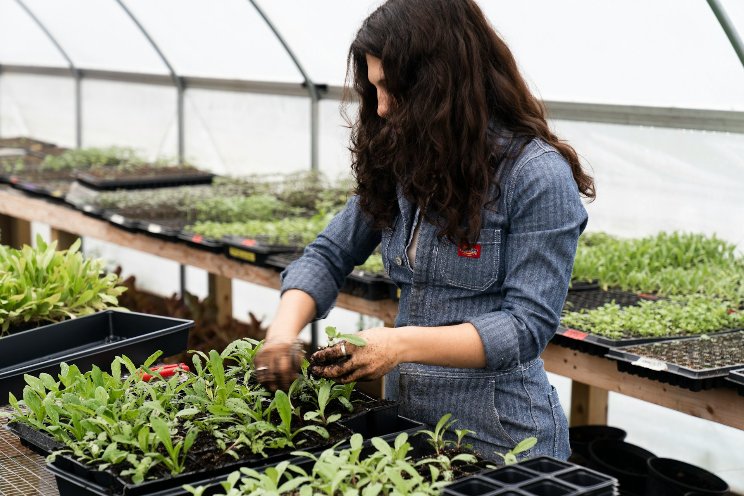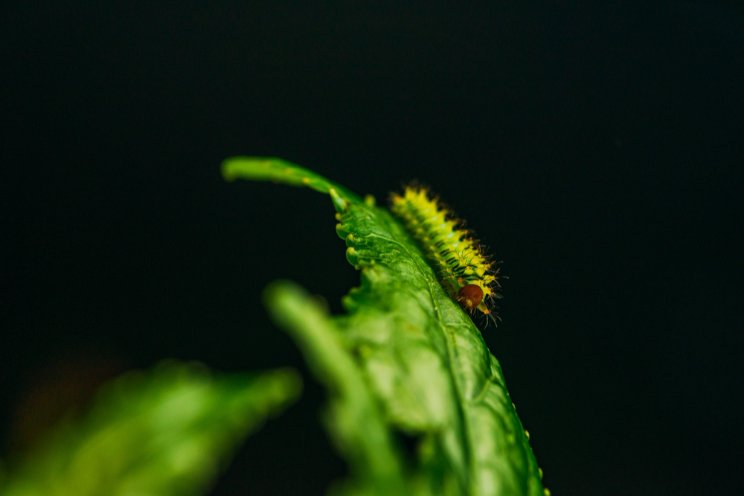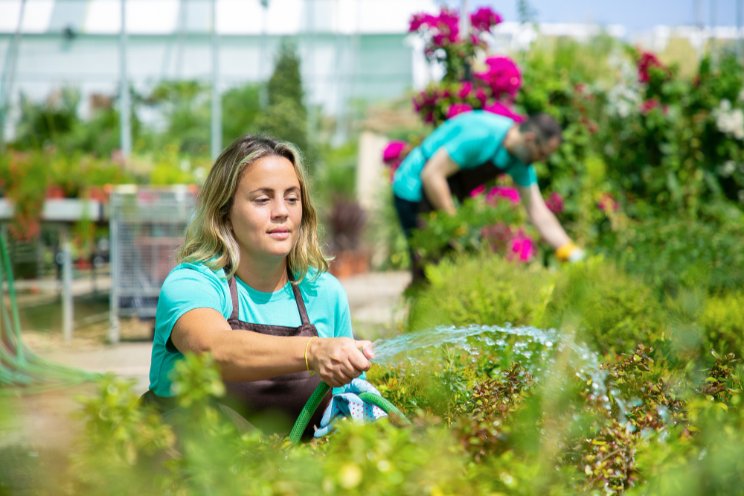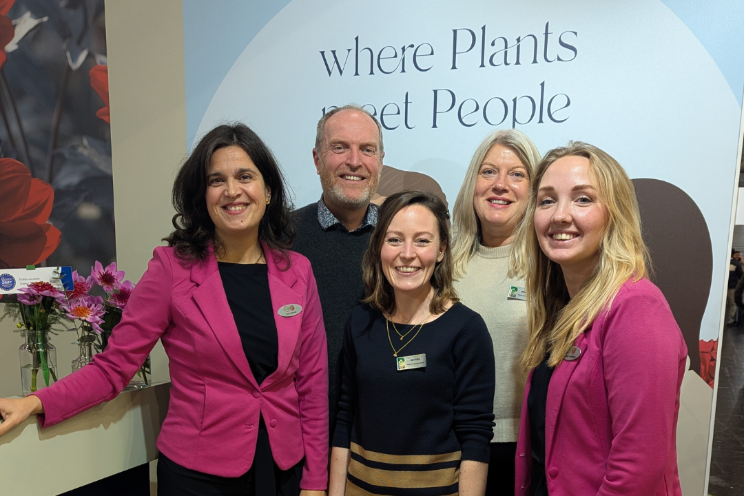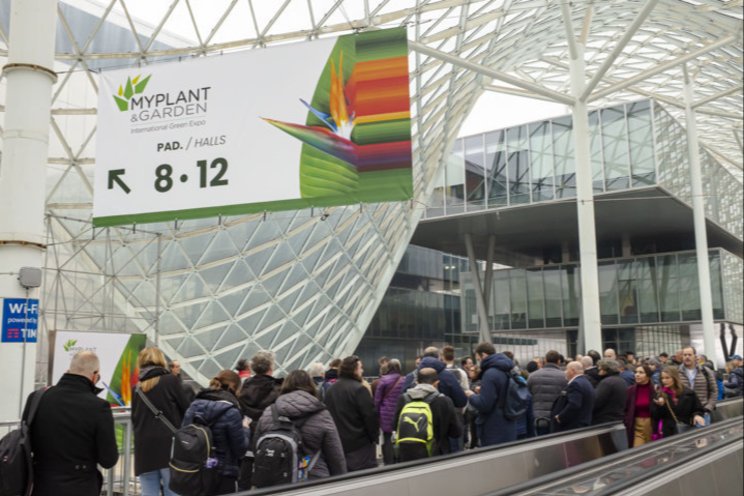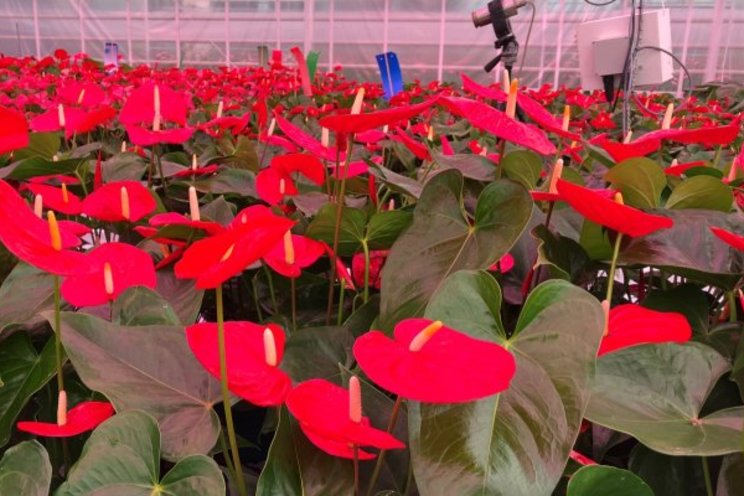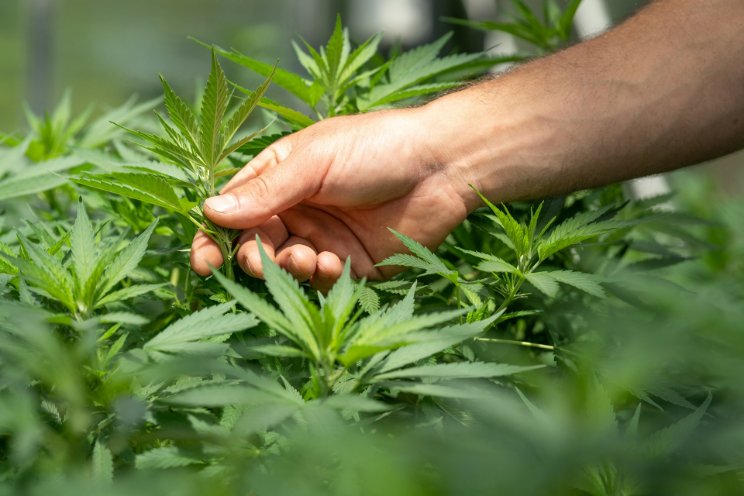Do you speak tomato?
Added on 09 December 2022

Carrol Plummer and Nigel Wallbridge were convinced that this was the case and redirected their research in this direction. Their technology can now identify a few dozen signals indicating sources of stress that can slow plant growth and reduce crop yields. Their start-up company, Vivent, markets the technology to around 100 customers in Europe, North America and Asia. Capturing and interpreting plant signals is no easy task. These are emitted in electrical form, and we live in an environment saturated with such signals, whether natural or artificial. ” The first breakthrough was to demonstrate that it was possible to pick up plant signals outside a Faraday cage (an enclosure used to block electromagnetic fields) and distinguish them from the ambient noise,” says Marina Martin Curran, sustainability manager of the Gland-based start-up.
Artificial Intelligence
The second breakthrough was to use artificial intelligence to interpret them. This required numerous tests, carried out in collaboration with Agroscope (a federal research structure) and the University of Applied Sciences of the Canton of Vaud, with funding from the Innosuisse programme. They have shown that all the plants examined “speak” almost the same “language”: if an algorithm has learned to recognize the thirst or cold signal emitted by a tomato plant, it will also be able to recognize it in a pepper plant or a lettuce. Vivent has identified several dozen signals corresponding to a lack of nitrogen, phosphorus, an attack by a bacterium, a fungus, etc.
Continue reading.
Photo created by bearfotos - www.freepik.com
More news
